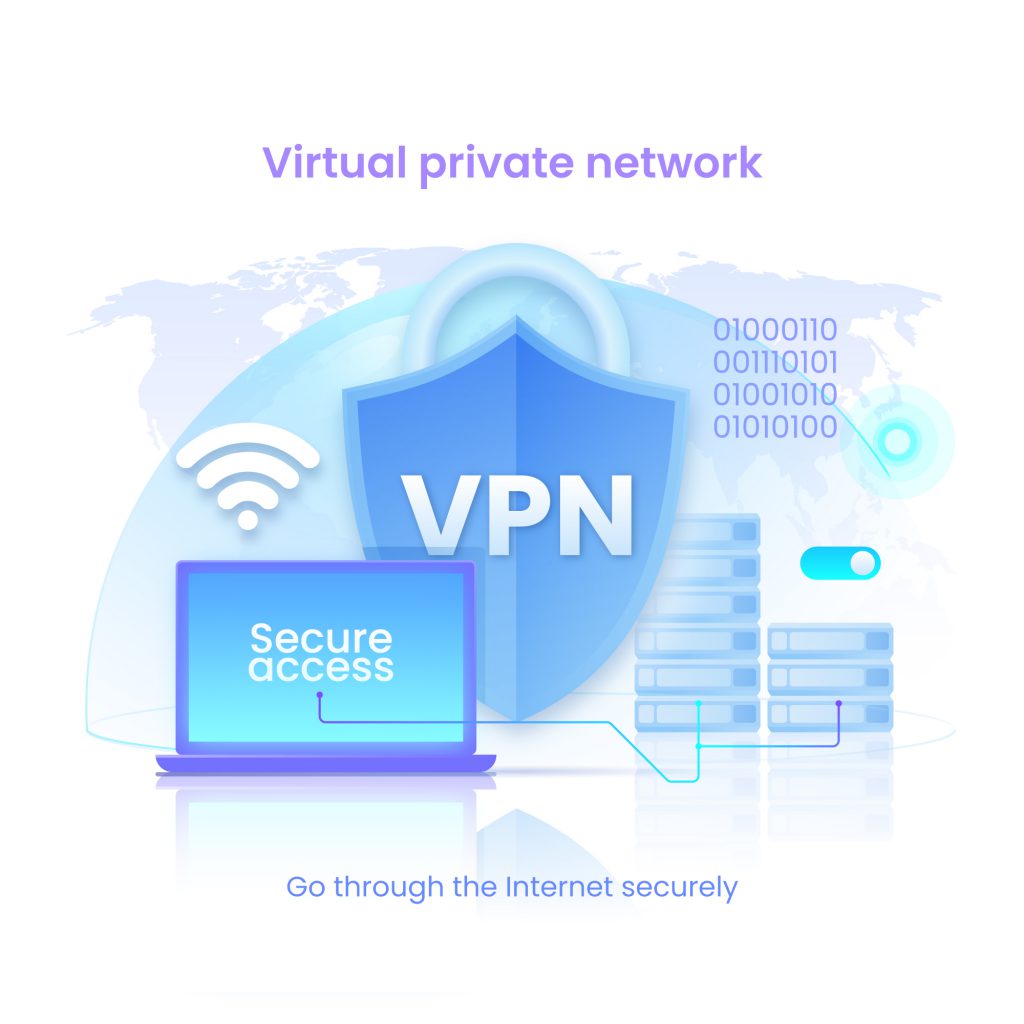
A VIRTUAL PRIVATE network (VPN) is like a protective tunnel you can use to pass through a public network, protecting your data from outside eyes. Whether you’re worried about hiding your browsing activity from your internet service provider so it doesn’t sell your data to advertisers, or you want to stay safe on a public Wi-Fi hot spot to keep nearby digital snoops from capturing your passwords, a VPN can help protect you.
However, while a VPN will keep you safe at your local coffee shop, it comes with a cost. Using a VPN means your VPN provider will know everything about your browsing habits. This makes VPN providers a target for hackers. Be sure you even need one before you read on.
Picking the right VPN service is serious business. Most VPN providers say they keep no logs of their users’ activity, but this is rarely verified. You’re stuck taking companies at their word. For this reason, we’ve limited our testing to VPN providers that have been independently audited by security firms and have published the results.
To help you sort out when and why you might want a VPN, as well as why you might not, be sure to read through our complete guide to VPNs below. If you’re sure you want to use a VPN, here are our top picks among commercial VPN providers.
Updated February 2022: We’ve included some updated speed test results, included some new features from NordVPN, and noted the merger of Surfshark and NordVPN.
Special offer for Gear readers: Get a 1-year subscription to WIRED for $5 ($25 off). This includes unlimited access to WIRED.com and our print magazine (if you’d like). Subscriptions help fund the work we do every day.
